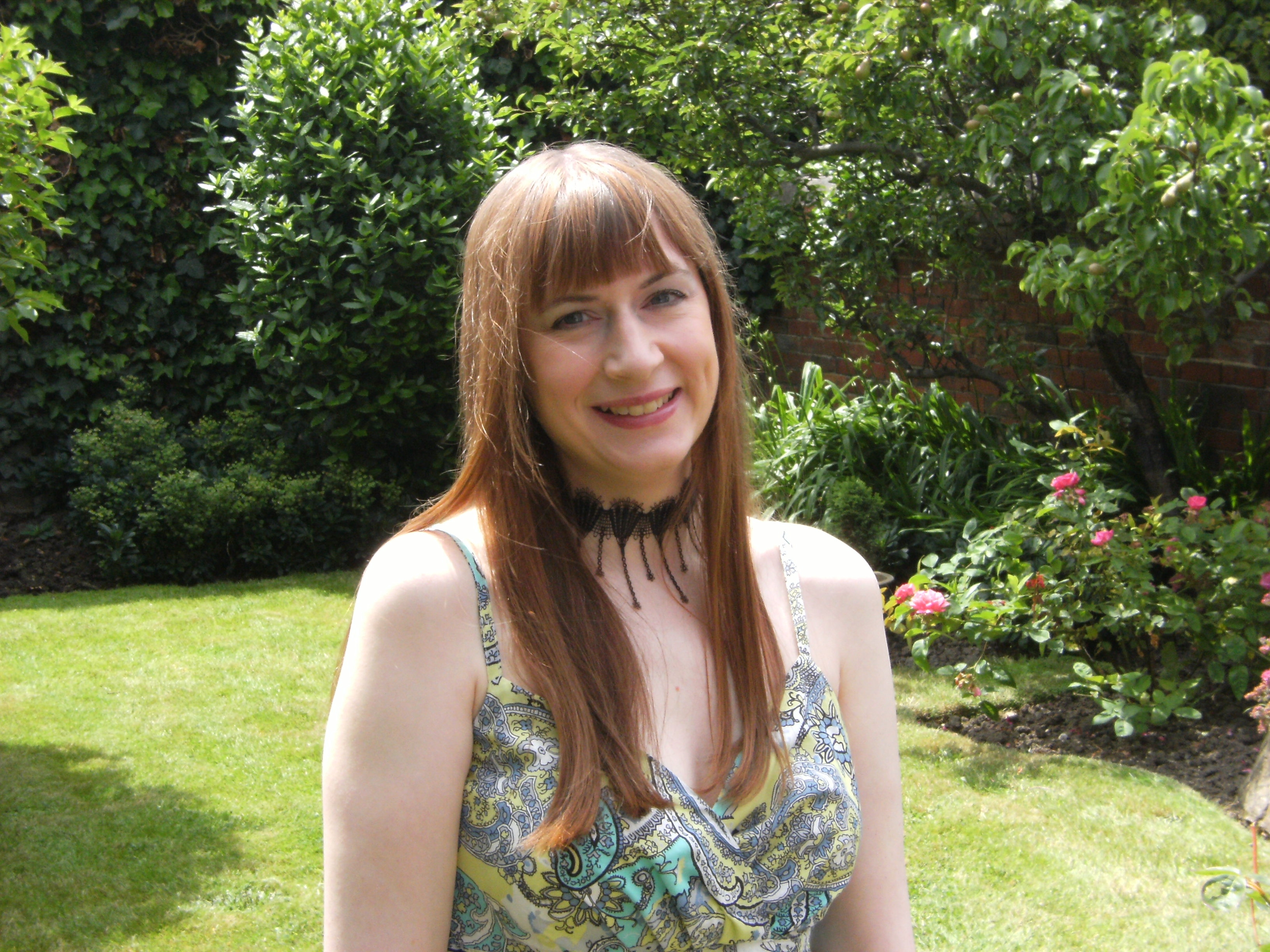How do you describe your job when you meet people at a party?
I often avoid saying what I do for a living as I’ve had some very weird reactions in the past - sometimes people just don’t believe me!
What is ‘cutting-edge’ about your work?
I am often writing about research that is only just coming out of the lab, or undergoing clinical trials.
What are the biggest implications your work will/could have in the future?
Some of the writing projects I work on are targeted at policy makers, while others aim to encourage young people to enter science as a profession.
Describe some of the highlights of your average day.
I really enjoy talking to scientists and medics about their work, and hearing how they are developing devices and techniques that could change all our lives for the better.
Describe briefly how your career has progressed to date.
As a student I started broadcasting at a hospital radio station, and writing articles for student magazines. I also won a Merit Award in the Daily Telegraph Young Science Writer of the Year competition, which encouraged me to try my hand at freelance writing and broadcasting. So after my doctorate I began writing for publications including New Scientist, and the Times Higher Education Supplement, while broadcasting on local BBC radio. I later moved to broadcasting at the BBC World Service, then for BBC Radio 4, while my writing has diversified to cover not only journalism but writing books, and also brochures and careers leaflets for science institutions.
How is your job cross-disciplinary?
My work can cover a range of different scientific fields depending on the contract. For example, after completing my undergraduate physics textbook, my next commission was presenting video interviews of researchers working to understand the rare genetic condition Birt-Hogg-Dubé Syndrome.
What’s the most unexpected thing about your job?
The diverse range of talented people I’ve had the opportunity to work with and alongside – from leading research scientists and medics, to rock stars and comedians. Watching the amazing skill of film actor Saeed Jaffrey reading excerpts from some of physicist S.N. Bose’s letters and speeches for a programme I presented on BBC Radio 4 was particularly fascinating. He could instantly alter the sound of his voice to represent Bose at different stages of his life.
What’s the biggest achievement of your career so far?
Winning the Institute of Physics Young Professional Physicist of the Year award was a stand-out moment, as was being shortlisted for the Junior Prize in the Aventis Prizes for Science Books for the children’s popular science book I co-authored ‘The Way Science Works’. But in many ways I’d say the biggest achievement was giving a talk based on this book at Great Ormond Street Children’s Hospital where I’d been an in-patient several times as a child. One of the reasons I decided to become a science writer was that I’d been encouraged by the hospital teachers to write some science articles for the patient magazine, and it had really helped take my mind off being terrified about my impending operation. When the nurses came to prepare me for theatre, they found me sat at my bed with paper and books strewn all over it, and I sent them away again as I hadn’t quite finished my last piece and didn’t want to miss my deadline! It was a fantastic experience to give something back to the hospital that had helped me so much, and to hopefully take the patient’s minds off why they were in there and encourage them to get more interested in science.

